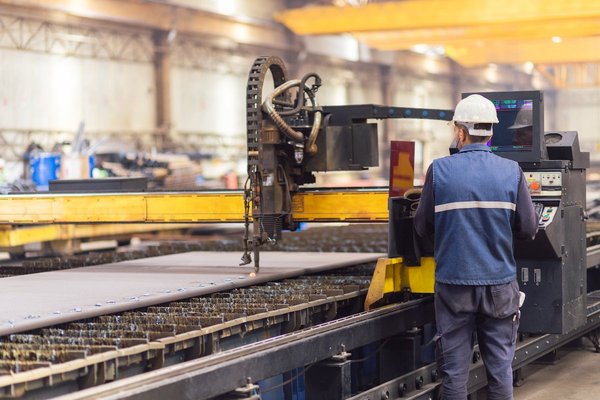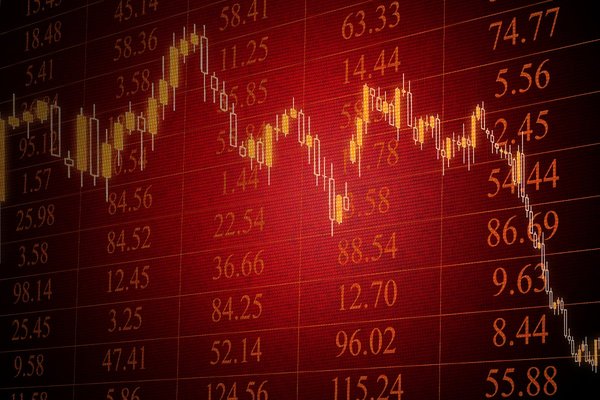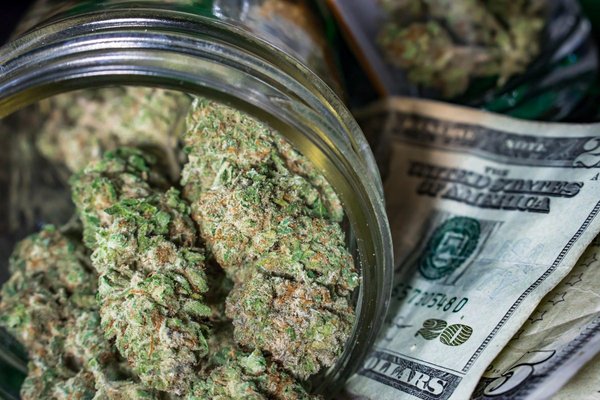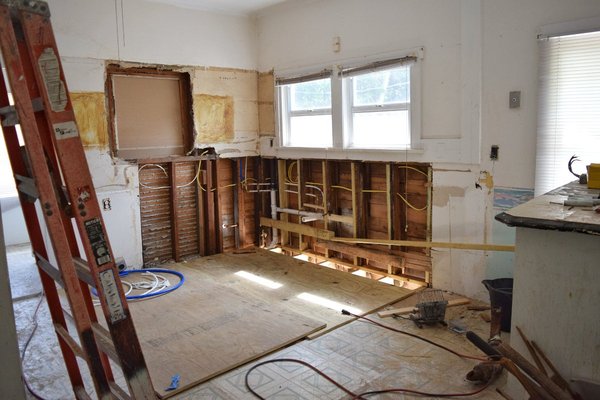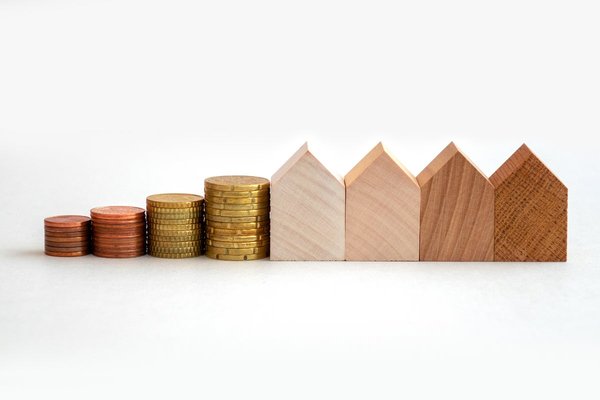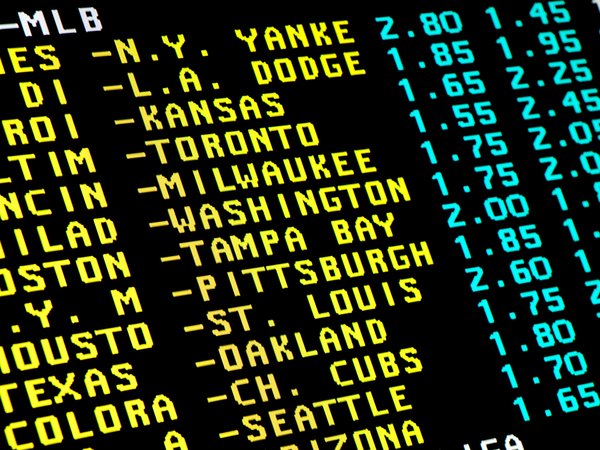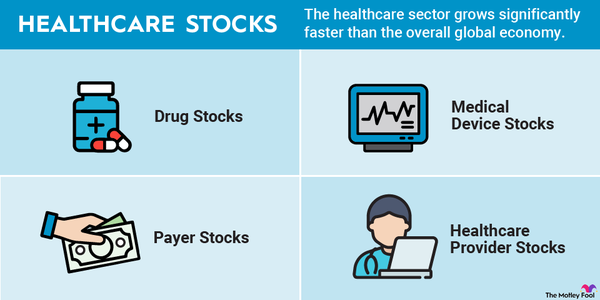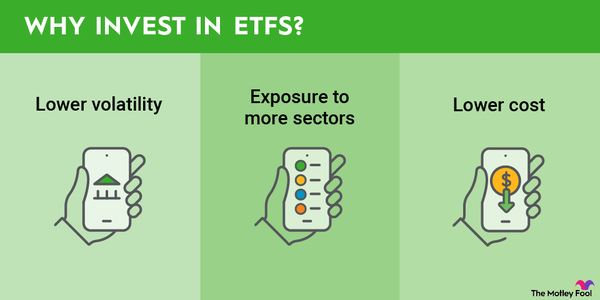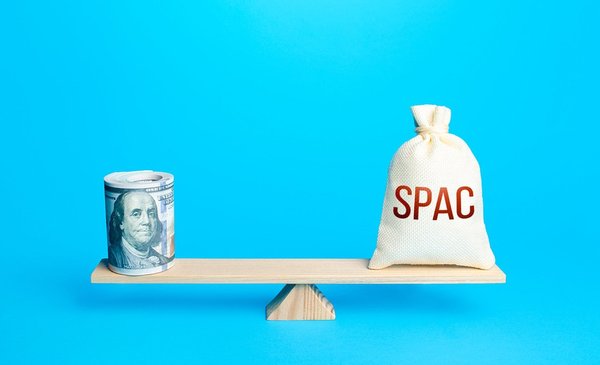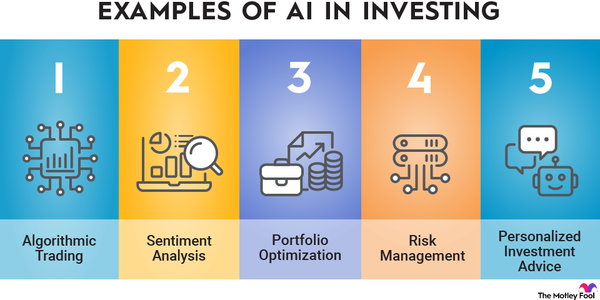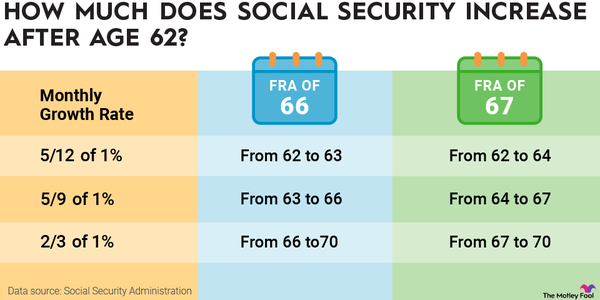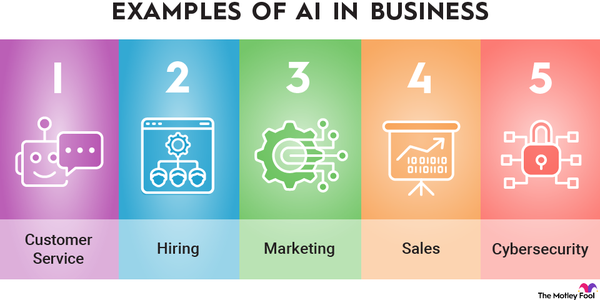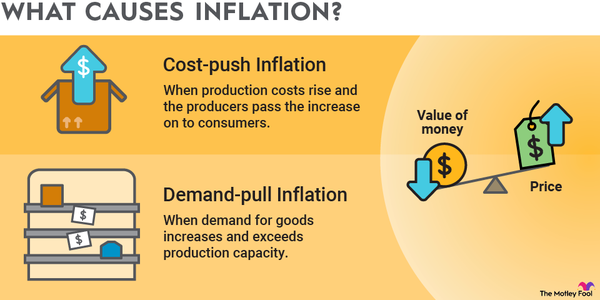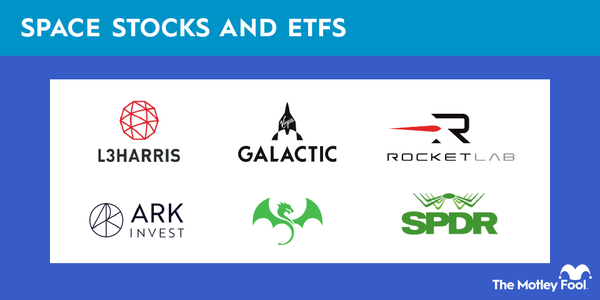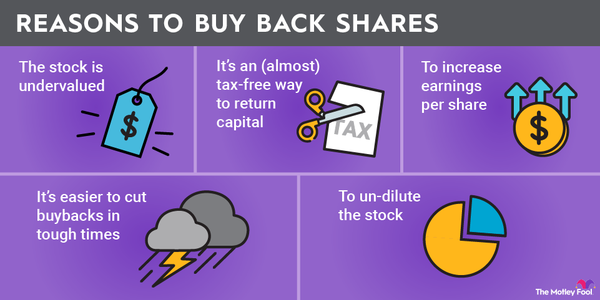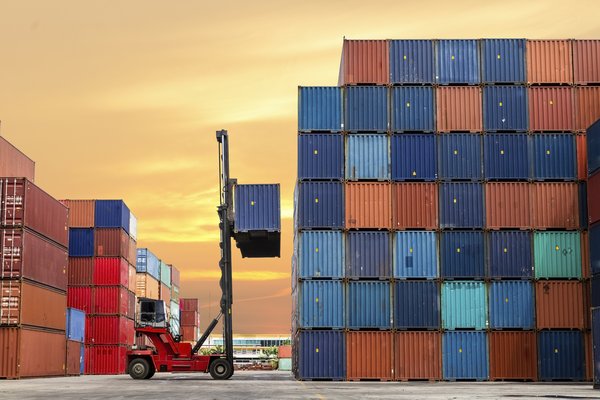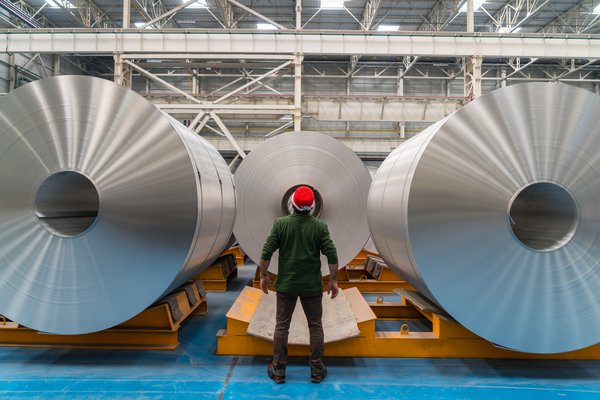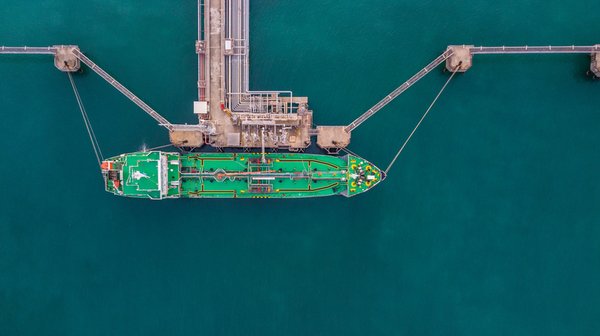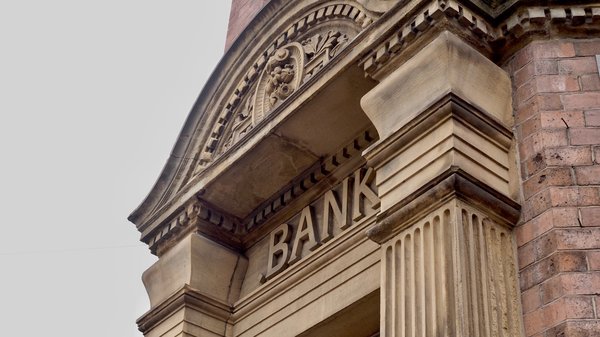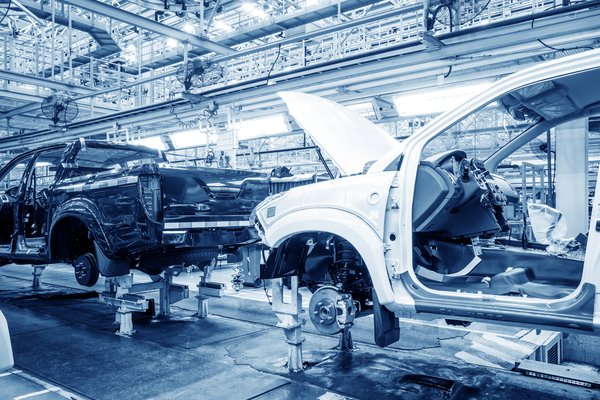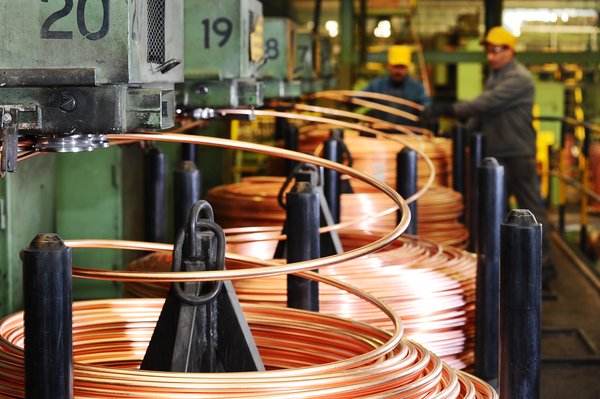Cement Roadstone Holding (NYSE:CRH) is the top materials company by market cap, but it's closely followed by Holcim Ag (OTC:HCMLY) and Compagnie de Saint-Gobain (OTC:CODY.Y). Most of the largest materials companies are in the construction materials industry, and only three of the top 10 are based in the U.S.
Largest materials companies
Largest companies by market cap in the materials sector
| Name and ticker | Market cap | Current price | Industry |
|---|---|---|---|
| Crh Plc (NYSE:CRH) | $58 billion | $85.18 | Construction Materials |
| Holcim Ag (OTC:HCMLY) | $59 billion | $21.42 | Construction Materials |
| Compagnie De Saint-Gobain (OTC:CODY.Y) | $50 billion | $20.02 | Building Products |
| Vulcan Materials (NYSE:VMC) | $32 billion | $240.88 | Construction Materials |
| Heidelberg Materials Ag (OTC:HLBZF) | $33 billion | $190.50 | Construction Materials |
| Martin Marietta Materials (NYSE:MLM) | $30 billion | $491.86 | Construction Materials |
| Anhui Conch Cement (OTC:AHCHF) | $15 billion | $2.89 | Construction Materials |
| RPM International (NYSE:RPM) | $13 billion | $102.73 | Chemicals |
Editor's note: Rankings are as of April 1, 2025.
1 - 5
1. Cement Roadstone Holdings
- Market cap: $59.63 billion (as of April 1)
- Revenue (TTM): $37.3 billion*
- Gross profit (TTM): $13.0 billion*
- Five-year annualized return: 29.93%
- Year founded: 1936 (Cement Limited), 1949 (Roadstone Limited), 1970 (merger of Cement Limited and Roadstone Limited)
*Converted from Euros.
Cement Roadstone Holdings, or CRH for short, is a building materials company based in Ireland. It began operations in 1970 after the merger of two of Ireland's largest public companies, Cement Limited and Roadstone Limited.
CRH grew its presence in Europe and the U.S. in the 1990s, and it now operates in 28 countries. It provides crushed stone, sand, gravel, cement, concrete, and other building materials and products.
After the retirement of CEO Albert Manifold at the end of 2024, Jim Mintern took over in 2025. Mintern previously served as the company's chief financial officer.
2. Holcim Ltd.
- Market cap: $59.04 billion (as of April 1)
- Revenue (TTM): $38.1 billion*
- Gross profit (TTM): $16.6 billion*
- Five-year annualized return: 29.93%
- Year founded: 1833 (Lafarge), 1912 (Holcim), 2015 (merger of Holcim and Lafarge)
*Converted from Swiss francs.
Holcim Group is a global leader in cement production and building materials. It has four business segments: Cement, construction aggregates, ready-mix concrete, and other products. Holcim is headquartered in Switzerland and has a business presence in 70 countries.
In 2024, Holcim announced plans to spin off its North American business. The new independent company is called Amrize.
3. Compagnie de Saint-Gobain
- Market cap: $50.28 billion* (as of April 1)
- Revenue (TTM): $50.4 billion*
- Gross profit (TTM): $13.9 billion*
- Five-year annualized return: 36.77%
- Year founded: 1665
*Converted from Euros.
Many of the largest materials companies trace their roots back over a century, but none go back as far as Compagnie de Saint-Gobain. This French company has been around since 1665 when it was a mirror manufacturer for the upper class.
Saint-Gobain still produces mirrors and other types of glass and windows. It operates in 80 countries and has more than 70 brands with products to serve the construction and industrials markets.
4. UltraTech Cement
- Market cap: $39.50 billion* (as of April 1)
- Revenue (TTM): $8.2 billion*
- Gross profit (TTM): $6.5 billion*
- Five-year annualized return: 12.78%
- Year founded: 1983
*Converted from Indian rupees.
Based in Mumbai, UltraTech Cement is the largest cement company in India. It's also the third-largest cement producer in the world (excluding China), producing more than 150 metric tons per year of gray cement.
UltraTech Cement started as the cement division for Larsen & Toubro Limited (OTC:LTOUF), an Indian conglomerate. The division was sold multiple times until it was demerged into UltraTech Cement in 2003.
5. Vulcan Materials Company
- Market cap: $30.77 billion (as of April 1)
- Revenue (TTM): $7.4 billion
- Gross profit (TTM): $2.0 billion
- Five-year annualized return: 17.87%
- Year founded: 1909
Birmingham, Alabama-based Vulcan Materials Company is the largest producer of construction aggregates (including crushed stone, sand, and gravel) in the U.S. It has more than 400 locations and serves 22 states.
6 - 10
6. Heidelberg Materials
- Market cap: $30.23 billion (as of April 1)
- Revenue (TTM): $28.3 billion*
- Gross profit (TTM): $15.4 billion*
- Five-year annualized return: 36.95%
- Year founded: 1874
*Converted from Euros.
Heidelberg Materials is a construction materials company headquartered in Heidelberg, Germany. After acquiring a 45% share of Italcementi in 2016, Heidelberg Materials became the top producer of construction aggregates in the world. It's also the second-largest cement producer.
This company has a large international presence, with more than 51,000 employees at almost 3,000 sites across more than 50 countries. This year, it expanded its U.S. presence with the acquisition of Giant Cement Holding Inc.
7. Martin Marietta Materials
- Market cap: $29.15 billion (as of April 1)
- Revenue (TTM): $6.5 billion
- Gross profit (TTM): $1.9 billion
- Five-year annualized return: 21.61%
- Year founded: 1993
Martin Marietta Materials is a supplier of building materials, aggregates, cement, ready-mixed concrete, asphalt, magnesia chemicals, and lime. Based in Raleigh, North Carolina, Martin Marietta operates in 28 states, as well as Canada and the Bahamas.
8. Anhui Conch Cement
- Market cap: $14.78 billion (as of April 1)
- Revenue (TTM): $12.5 billion*
- Gross profit (TTM): $2.7 billion*
- Five-year annualized return: -9.82%
- Year founded: 1997
*Converted from Chinese yuan.
Anhui Conch Cement is one of the leading cement companies in China. It produces and sells cement and cement clinker, the main component of cement.
Several high-profile projects have used this company's cement, including the Beijing-Shanghai high-speed railway, the Shanghai Oriental Pearl TV Tower, and the Pudong International Airport. Anhui Conch also exports its cement to more than 20 countries, including the U.S. and countries in Europe, Asia, and Africa.
9. Ambuja Cements
- Market cap: $15.24 billion (as of April 1)
- Revenue (TTM): $976.8 million*
- Gross profit (TTM): -$27.0 billion*
- Five-year annualized return: 28.45%
- Year founded: 1983
*Converted from Indian rupees.
Ambuja Cements is the second-largest cement producer in India. It used to be partnered with Holcim, which at one point had a controlling stake of more than 60% in Ambuja. However, Holcim sold its shares in 2022 to exit the Indian cement market.
Last year, Ambuja made a change in leadership. It appointed Vinod Bahety as the new CEO, while reassigning previous CEO Ajay Kapur as managing director.
10. RPM International Inc.
- Market cap: $14.97 billion (as of April 1)
- Revenue (TTM): $7.3 billion
- Gross profit (TTM): $3.0 billion
- Five-year annualized return: 17.11%
- Year founded: 1947
RPM International manufactures and sells paint, coatings, sealants, and adhesive products. It has a large portfolio of brands and markets to both consumers and professionals. RPM is on the fairly short list of companies that have raised dividends for at least 50 consecutive years, making it one of the Dividend Kings.
Related investing topics
Takeaways for investors
Materials sector takeaways for investors
In many market sectors, the top companies are primarily U.S.-based. This isn't the case with the largest materials companies. Seven of the top 10 are international businesses, so many of them will likely be unfamiliar to the typical investor. Investing in international companies can be challenging since it requires learning not just about the company but the business climate in that part of the world.
Whether you venture into international stocks or stick to U.S. companies, the materials sector presents plenty of quality investment opportunities. The best materials companies have excellent financials with consistent profits and reasonable debt. They perform best when the economy is growing, but even during downturns, well-positioned materials companies can continue to make money.






















